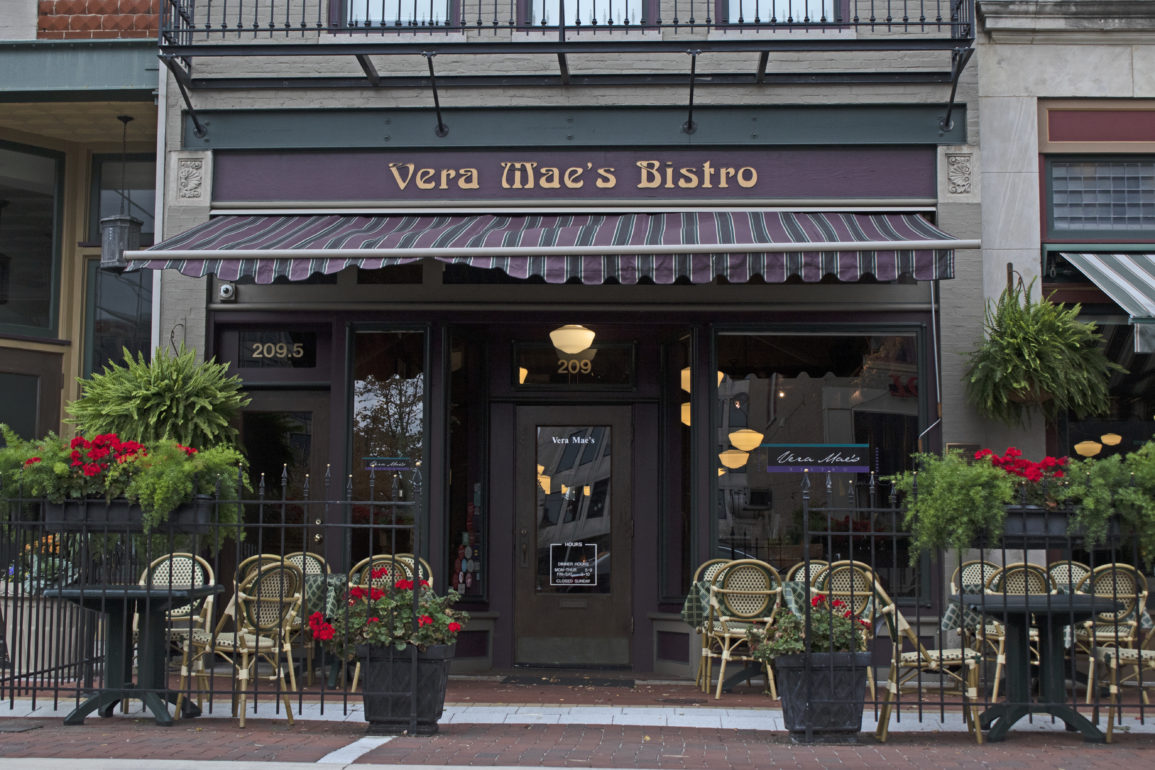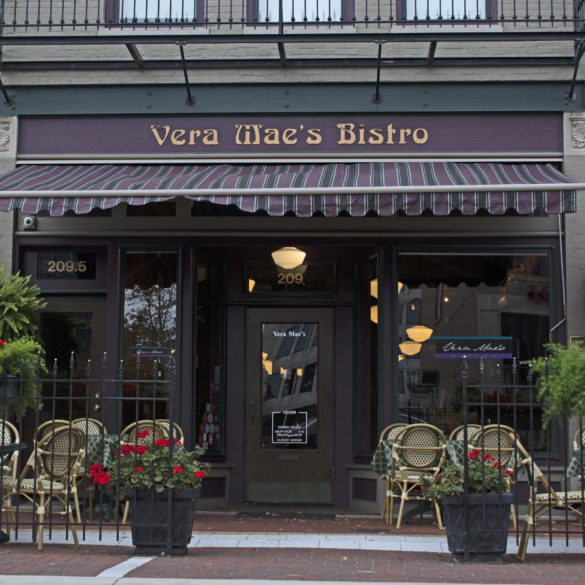Local business reflects on how they were able to survive the pandemic.
COVID-19 changed what the word “normal” meant. Even when normal changes, you can always rely on your community to have your back, cook you a nice meal, and wave to you on the street.
“[Business] came to a screeching halt last year in March,” says Kent Shuff, owner of Vera Maes. “It was a big big struggle. The only thing that kept us open was that we had been in business for going on 22 years. We really worked our fannies off.”
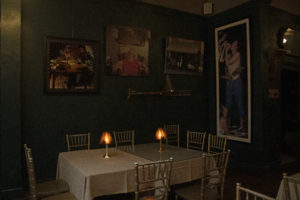

When the pandemic hit, Kent says they laid off 20 members of their staff, leaving Kent and his husband Steve to pick up a lot of the work themselves, including curbside orders.
“We hardly did carry-out, let alone curbside, so we kind of had to reinvent ourselves in two days,” says Kent.
Vera Maes is located in downtown Muncie on South Walnut Street. The historic restaurant started as a lunch catering business when it opened its doors in 1999. It’s a part of the revitalization of Muncie’s historical district, with eclectic architecture and local art on display in its Ballard Hall. If the walls could talk, it would be an interview with David Letterman about how Muncie truly is a staple of the Midwest.
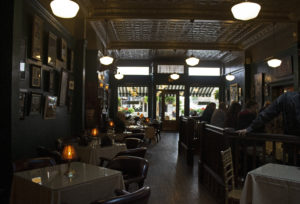
“After this last year and a half, since COVID, I’m really really thankful that we did not depend on tourism because I don’t know if we’d be here,” Kent says.
Tourism is typically associated with vacation destinations. According to a report done by the office of the New York State Comptroller, the number of visitors coming to New York City fell by 67% in 2020. This ended a 10-year period of growth in tourism for New York. If the Big Apple fell so fast, how could Muncie and other small communities across the country stay upright? The key was that they didn’t rely on tourists or visitors to stay on their feet, they just needed their loyal customers, friends, and neighbors.
“Sustainable tourism benefits the local community and environment in the short and long term,” says William Price, professor of geography at Ball State. “Unsustainable tourism results in damage to the very resources that tourism is based on.”
Price says that tourism hasn’t dropped this drastically since the 1990s. In the United States, the extended lockdowns last year led to great uncertainty for businesses and business owners. Thanks to rollouts of the vaccine last spring, businesses have eased back toward normal, with seating returning to full capacity and people coming back to the stores.
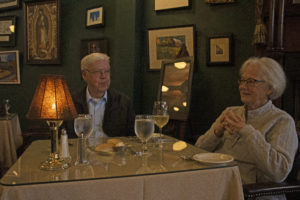
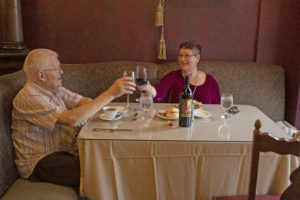
“We were one of the restaurants who kept up [with limited seating] after the governor released the mandate on masks until the CDC said so,” says Kent. “Of course, the situation is a labor issue now.”
Even at full capacity, Kent says there aren’t enough servers or cooks for customers. He recalls that there were nights where people would come into the bistro for dinner and have to wait for a table until late in the evening. According to Kent, although there are empty tables, there’s no point in seating people if there’s no one to cook the food.
“To this day there are still people who think, ‘Oh well if I need a good meal or something I have to go to Indy,’” says Kent.
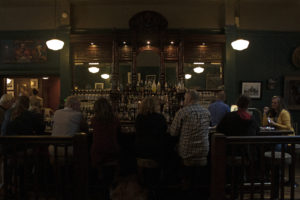
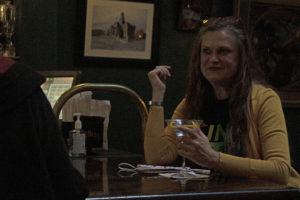
The destination didn’t matter to COVID-19. Price says he was drawn to his profession in geography because of how it applies to tourism. Every community is impacted differently by tourism, based on a combination of social, economic, and environmental factors. While Muncie and New York are very different on paper, they both had to rely on their communities to stay afloat.
“It is especially risky to be economically overdependent on tourism. As this pandemic has illustrated, there are many reasons why tourists will be unable or unwilling to travel,” Price says. “The US as a whole is not overdependent on tourism – with it accounting for about 10% of the overall economy – but some states and towns very much are.”
Downtown Muncie hosts several events throughout the year to bring the community to the local shops and restaurants. Whether it was doing virtual art shows or switching to curbside requests, being adaptable has proven to be the key ingredient for success in any business. Even with the return of in-person dining and vaccines, Kent says they will continue their services with DoorDash because it was one of the key ways they adapted to lockdown restrictions.
“That’s one nice thing about being a small business – you can change,” Kent says.
While having 22 years of experience is helpful when normal changes, it is the adaptability of people and the strength of the community that Kent is most grateful for. Having loyal and understanding customers has helped keep Vera Maes and thousands of small businesses alive during the pandemic.
Sources: Vera Mae’s, Office of the New York State Comptroller
Images: Katie Catterall
Featured Image: Katie Catterall


